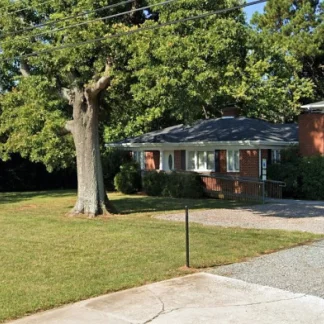New Vision Home
New Vision Home is a private rehab located in Charlotte, NC. New Vision Home spe...
University Psychiatric Associates is a private rehab located in Charlotte, North Carolina. University Psychiatric Associates specializes in the treatment of alcoholism, drug addiction, dual diagnosis, mental health and substance abuse, and opioid addiction.
Contact us for more information: (704) 549-8797

Connect with University Psychiatric Associates by calling their admissions team directly.
(704) 549-8797 Website Get DirectionsGroup therapy is any therapeutic work that happens in a group (not one-on-one). There are a number of different group therapy modalities, including support groups, experiential therapy, psycho-education, and more. Group therapy involves treatment as well as processing interaction between group members.
New Vision Home is a private rehab located in Charlotte, NC. New Vision Home spe...
Carolina Outreach, located in Charlotte, North Carolina, provides alcohol and dr...
Carolinas HealthCare System Behavioral Health offers outpatient and partial hosp...
The Relapse Prevention Center is a private rehab located in Charlotte, North Car...